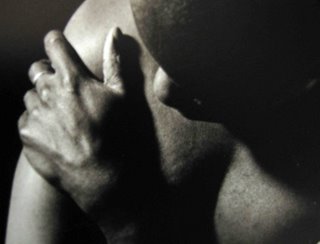
Theology of liberation is the name of a movement that arose in the churches in Latin America during the last third of the twentieth century. It also described a theological trend that is found, sometimes under different emphases, across the world. The movement denounced the systematic oppression of the poor, critized the exploitation of the third world by industrialized nations , and called for political and social reform.
In 1971 father Gustavo Gutierrez a Peruvian theologian published the principles of the movement are as follows.
First, theology is critical reflection on Christian praxis. Faith, charity, and commitment to God and others in the struggle for humanity and justice are primary. Theology relates this praxis to the sources of revelation and the history of the church.
Second, biblical revelation commits the church to God’s “preferential option for the poor.” The poor are by their condition, involved in a struggle to realize their humanity, to become “subjects of their own history,” against the political, economic and social powers that marginalize and oppress them. This struggle is revolutionary, not reformist. The church belongs with the poor in the midst of it, doing theology in a revolutionary situation. The poor deserve preference , not because they are morally or religiously better than others , but because Gd is God, in whose eyes “The last are the first”.
Third, the struggle of the poor for social justice is a work of human self creation that finds its source, meaning, and hope in God’s work. Political liberation is a partial salvific event, a historical realization of the kingdom that looks forward to its ultimate fulfilment by divine grace operating in the human struggle, in forming its character and directing it toward ever larger goals of human community.
For liberation theology , the agenda is set by the question of the non-person: ‘Our question is how to tell the non-person, the non human , that God is love and that this love makes us brothers and sisters’ the nonhuman.
One of the pioneers in the movement is the theologs Clodovis Boff, he critized the church history of tolerating, even contributing to, Latin American injustice, and strongly defended the morality of the class struggle in his book Jesus Christ Liberator Boff affirms that is possible to make ‘the utopia of absolute liberation’ a topia a place here and now. Chuch: Charism and Power contests the ‘institutional fossilisation’ of the centuries which has produced a hierarchical Church, oppressive and clerical, which cannot be amended by minor reform. The church have to be popular, the church arising from the people by the power of the Holy spirit.
